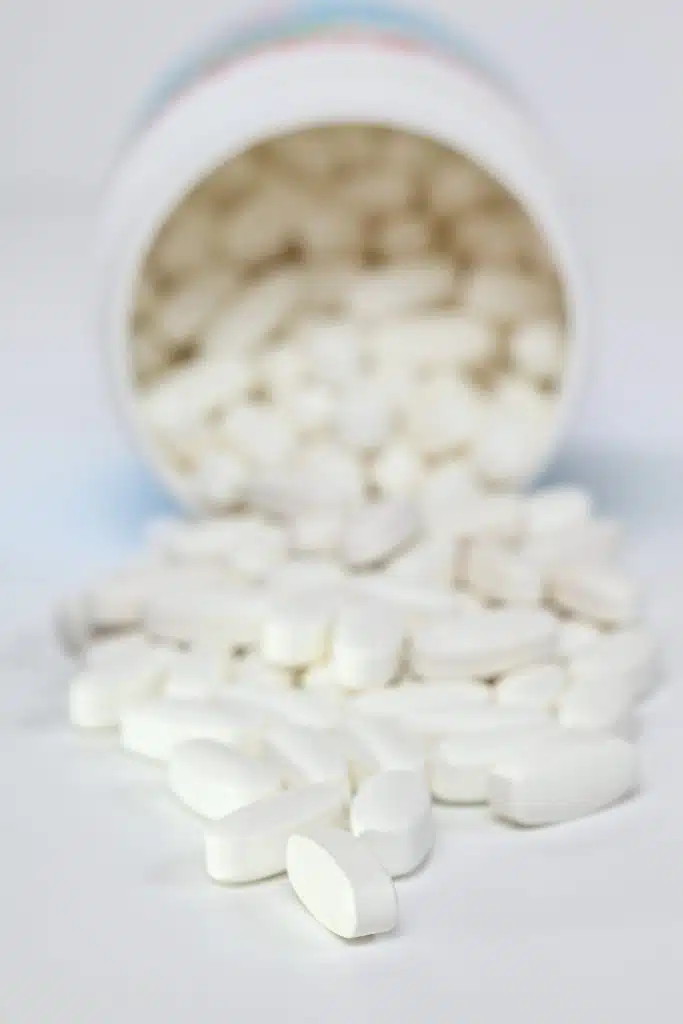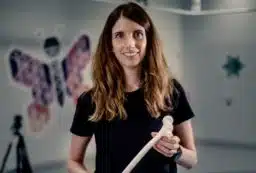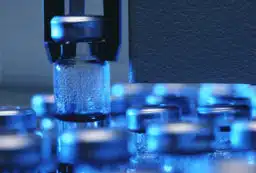Queensland Fresh Scientist ‘People’s Award’ winner finds how to disarm the superbugs causing the urinary tract infections that can no longer be treated with antibiotics
For immediate release, Tuesday, August 2 2016
Disarming the superbugs resistant to antibiotics is the Holy Grail in the global fight against a pandemic predicted to kill more people than all cancers combined in the next few decades.
New research has found a way to disarm the urinary tract infecting superbug, also known as E. coli ST131, rendering it harmless.
Painful urinary tract infections are very common, particularly in women, babies and the elderly. Around one in two women and one in 20 men will get a urinary tract infection in their lifetime.
“My research has devised a strategy to stop the superbugs by identifying their essential weapons so they can be blocked and left harmless,” says Dr Sohinee Sarkar, a postdoctoral researcher at the Queensland University of Technology’s Institute of Health and Biomedical Innovation.
“In this way, we can treat the infection without using antibiotics that can create more and more resistant bacteria.”
Dr Geoff Garrett, Queensland’s Chief Scientist says it’s great to see Queensland’s early career researchers tackling such significant health issues.
“Antibiotics are such a great innovation but the rapidly evolving resistance is quite frightening” he says.
Sohinee is one of ten 2016 Queensland Fresh Science finalists and her one minute explanation of her research won the “People’s Award” at the Fresh Science public event in Brisbane.
E. coli ST131 superbugs have numerous finger-like projections over their surface, which help them cling to the urinary tract walls and not get washed out when urine passes.
When E. coli ST131 use these fingers to stick to the urinary tract, they can clump together into a ‘biofilm’ and cause infection. They can also climb up into the kidneys and enter the blood.
“I’ve found that if we can stop these ‘sticky fingers’ from working then the E. coli can’t form the biofilms that cause infections,” Dr Sarkar says.
“This is very exciting as drugs that stop these sticky fingers are already being developed. Work by our group and our collaborators have shown that these drugs can treat acute urinary tract infections in laboratory studies.”
The next step are clinical trials, but Dr Sakar is confident that drugs effective against E. coli ST131 will be available sometime within the next 10 years.
“This is a huge step in our war on these superbugs that are becoming more and more resistant to antibiotics,” she says.
Fresh Science is a national competition helping early-career researchers find, and then share, their stories of discovery. The program takes up-and-coming researchers with no media experience and turns them into spokespeople for science, giving them a taste of life in the limelight, with a day of media training and a public event in their home state.
Queensland Fresh Science is supported by: Queensland Government; Queensland University of Technology (QUT); University of the Sunshine Coast (USC); The University of Queensland; and Econnect Communication.
A short video is available explaining Sohinee’s work.
We can provide photos and broadcast quality footage of Sohinee at work.
For media, video and photography assistance:
Jenni Metcalfe, jenni@econnect.com.au; phone: 0408 551 866
For interview:
Dr Sohinee Sarkar, sohinee.sarkar@qut.edu.au, phone: 0432 233 488
Economic cost of antibiotic resistance:
With more than 150 million urinary tract infections occurring around the world every year, antibiotic resistance has become a major issue for healthcare systems. The economic burden for treating resistant infections is also significant and is already costing the Australian economy close to $1 billion every year.








 Fresh Science is on hold for 2022. We will be back in 2023.
Fresh Science is on hold for 2022. We will be back in 2023.